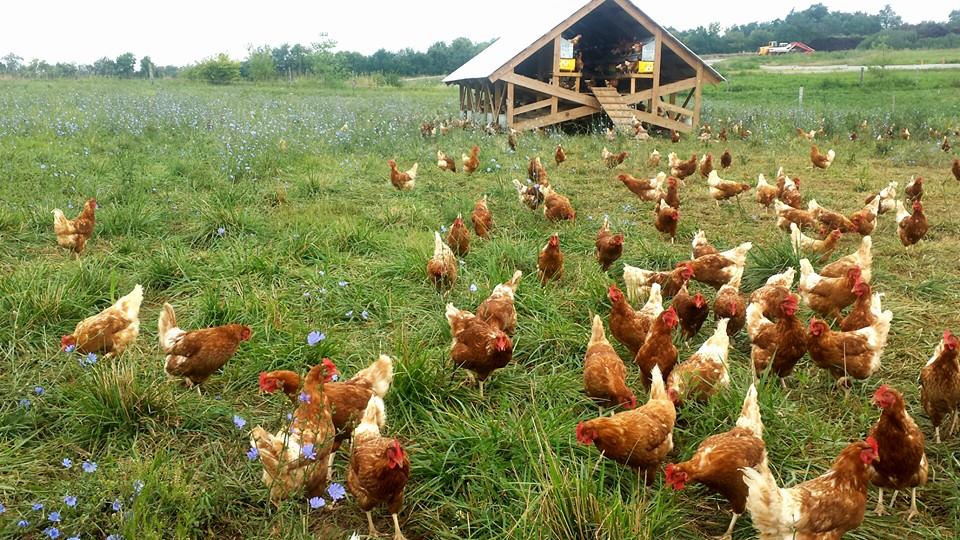Kentucky easing poultry restrictions after bird flu concerns decrease
Kentucky easing poultry restrictions after bird flu concerns decrease


The Kentucky Department of Agriculture lessened restrictions on poultry Feb. 22—the same day Indiana officials gave the all clear. After some devastating bird flu incidents in the United States since December 2014, KDA put into place several restrictions regarding poultry and associated sales and fairs.
Kentucky is home to about 850 large-scale poultry farms and more than 3,000 poultry houses in 42 counties. The restrictions were meant to protect the state’s No. 1 agricultural and food commodity industry valued at $1.2 billion in 2014.
“KDA briefly lifted restrictions in early January, but then bird flu resurfaced in Indiana and the restrictions were put back into place,” said Tony Pescatore, University of Kentucky extension poultry specialist in the College of Agriculture, Food and Environment. “Indiana officials did everything right, and they were able to put a stop to the problem quickly.”
Livestock markets may now resume poultry sales. Poultry sales at swap meets, flea markets and show sales can resume, if the sellers obtain a permit from the Kentucky Office of the State Veterinarian. The person holding the permit will need to keep records of all sales including names and addresses of sellers, exchangers and buyers. All sale records have to be turned into the state veterinarian’s office within seven days of the sale.
“Basically, there needs to be traceability of any birds sold at these events,” Pescatore said. “This requirement applies to 4-H shows that conduct a sale of champions, premiums or fundraising sales. You have to get the permit, maintain and submit records.”
Private sales with direct farm-to-farm movement are allowed. Non-commercial and backyard birds entering Kentucky are restricted to those coming from avian influenza H5/H7-clean facilities.
“If a hatchery is in an infected state, ask them if they are in an AI control zone,” Pescatore said. “If they are in an AI control zone that means they are within seven miles of an infected farm and you will not be able to bring those birds into Kentucky, even if that hatchery is not positive for AI.”
Pescatore said a permit wouldn’t be required any longer to bring poultry into the state except for game birds. Game birds and waterfowl such as pheasants, quail, chuckars, mallard ducks, etc. will require two permits—one from the office of the State Veterinarian and a transportation permit from the Kentucky Department of Fish and Wildlife.
While out of state participants will be allowed at fairs, events and shows, they will still be subject to normal inspection by KDA personnel.
“The important thing to realize here is that Indiana handled the most recent occurrence aggressively,” Pescatore added. “It has allowed us to get back to normal faster. Kentucky has been proactive in developing a response to avian influenza in case we have to deal with highly pathogenic avian influenza here in the future.”
Producers can do their part by practicing good biosecurity on their farm and limiting contact with wild waterfowl.
For more information, permit requests and forms, visit http://www.kyagr.com/statevet/livestock-and-poultry.html.
Livestock

